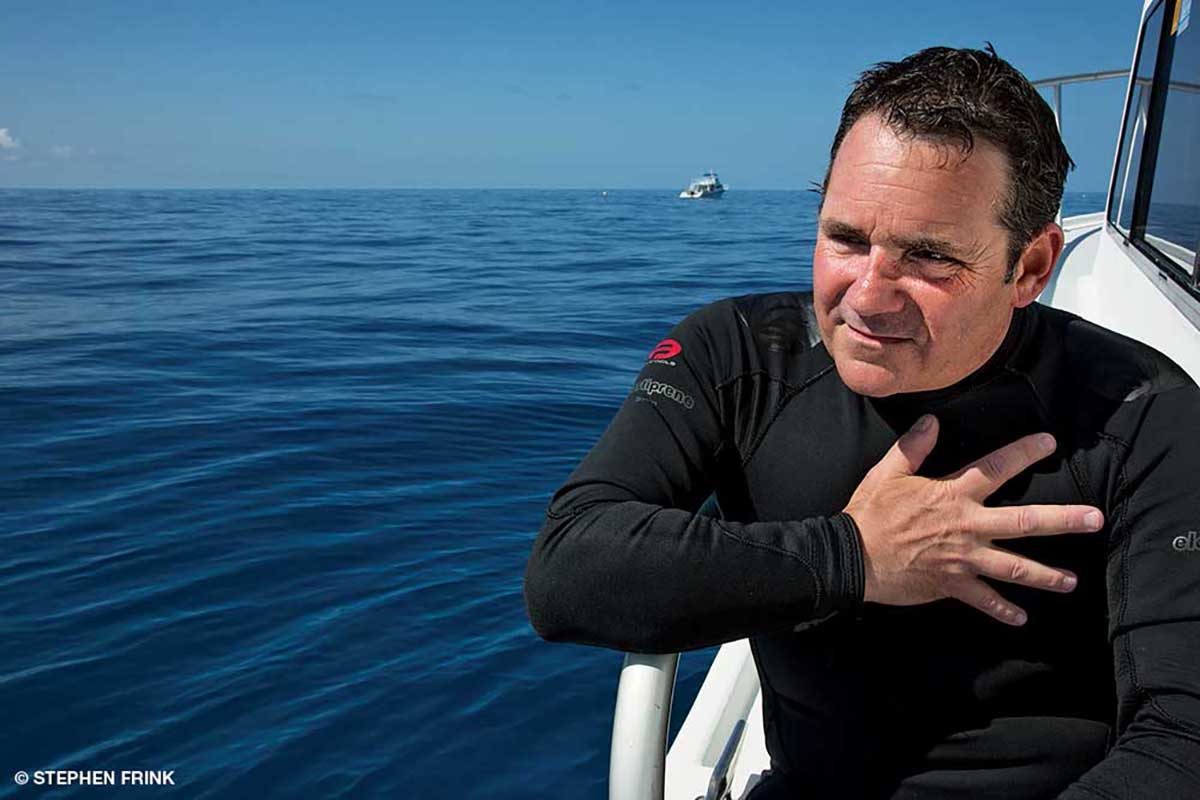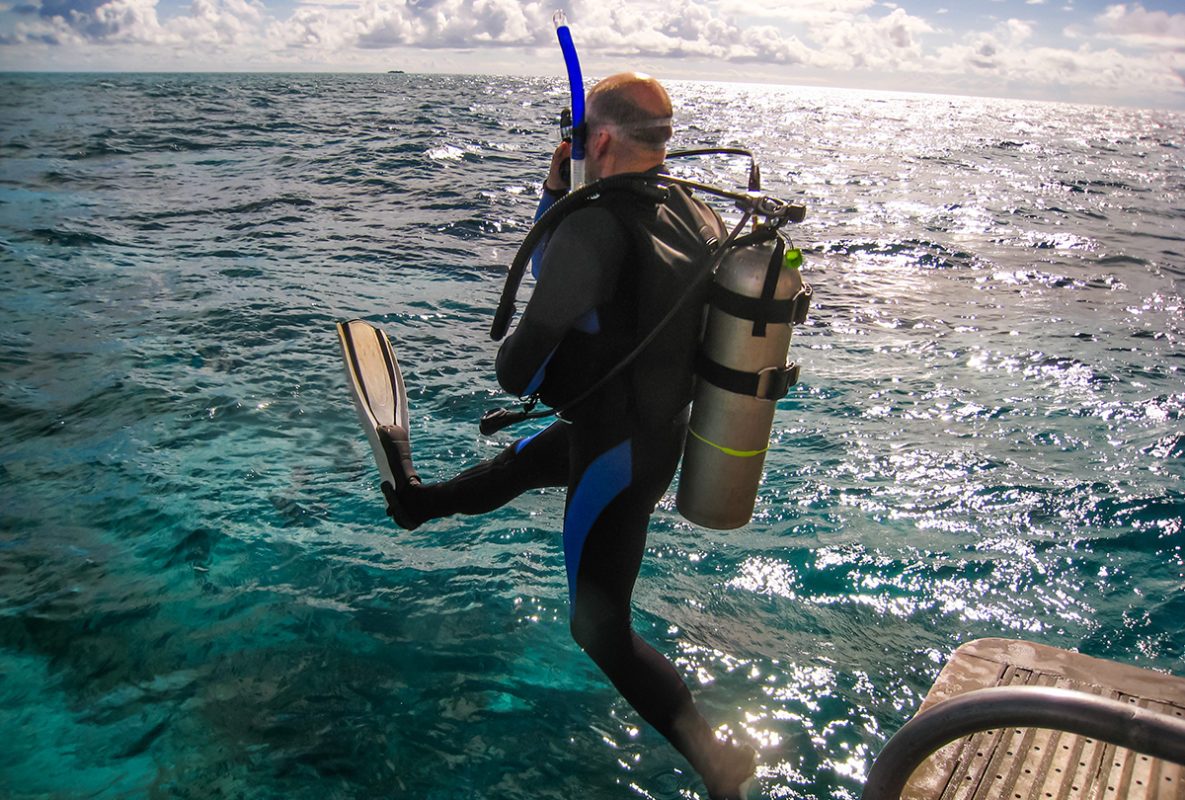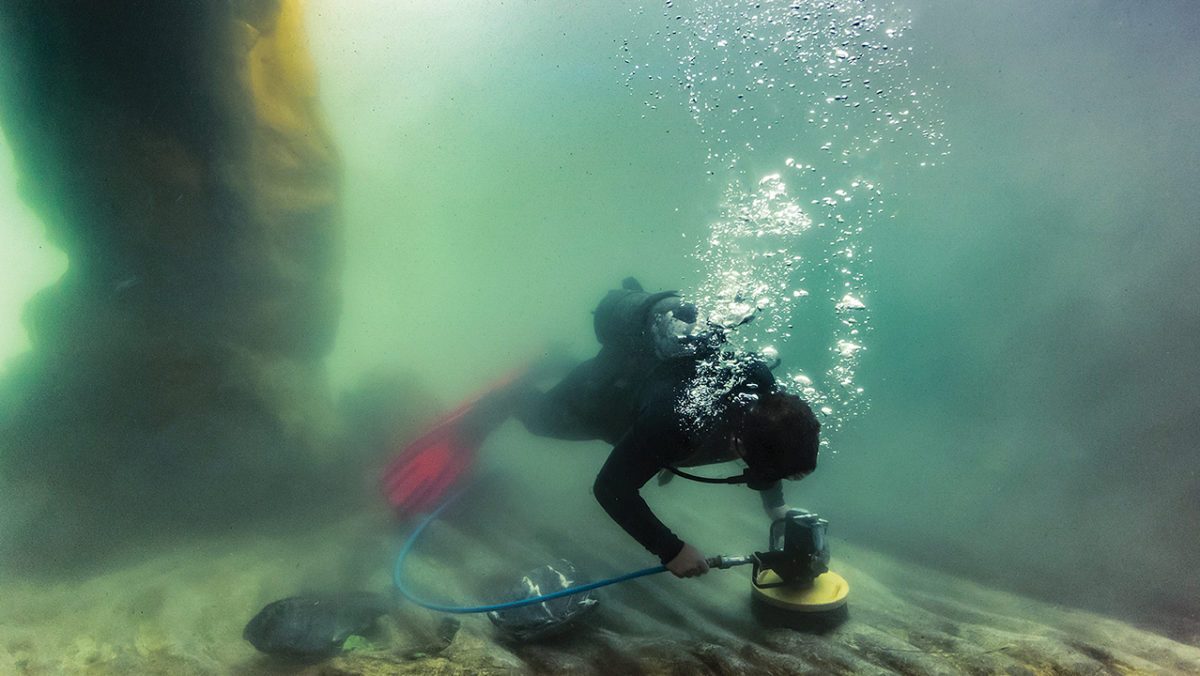Barotrauma in Bonaire
A 38-year-old diver suffered from a burning sensation in his throat and had discomfort in his neck. The diver had pulmonary barotrauma. Read more about his incident.

A 38-year-old diver suffered from a burning sensation in his throat and had discomfort in his neck. The diver had pulmonary barotrauma. Read more about his incident.

I TAKE A GIANT STRIDE off the back of the boat and splash into a cascade of tingling, magical bubbles. The sea’s embrace is chilly; I can feel the 74˚F water through my 5 mm wetsuit and thick 4 mm hood. My vision clears as the …

A COMMERCIAL DIVER FRIEND TOLD ME YEARS AGO that people like me — recreational divers who do commercial diving work — are often referred to as yahoos.
I was always comfortable underwater and, at 78 years old, still am.

My first reality check as a dive professional came after a week of working with a couple. Every day they asked for private dive guides and customized support.

AS DIVERS, WE MUST take extra steps in our predive checks to ensure that our buddy has their safety and signaling equipment so we can be prepared in case of an emergency.

AS A WILDLIFE OFFICER, I spend countless hours on the water. As an instructor for the National Association of Underwater Instructors (NAUI), I have also spent a lot of time […]

BEING STUNG BY A LIONFISH is like being bitten by a poisonous snake. I found that out the hard way.

Dengue fever is a mosquito-born infection and infection rates are rising in certain parts of the world. A diver unfortunately contracted dengue fever while on a trip.

The spiny devilfish (Inimicus didactylus) is a member of the family Scorpaenidae, which also contains the venomous lionfish, stonefish, and scorpionfish. These fish conceal glandular venom-producing daggers within their dorsal, pelvic, and anal fins. Divers — especially underwater photographers who may focus on one creature while others sidle up under their legs — must be aware of these animals’ subtle defense maneuvers.

A divemaster hopeful had an unfortunate bout of decompression sickness during a routine dive. But it was through DCS treatment, that the diver discovered she had a heart condition.
